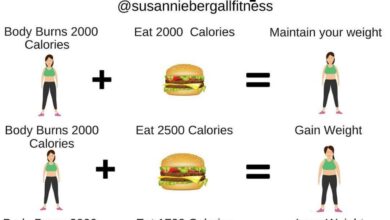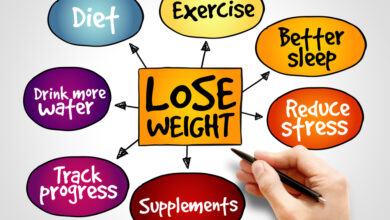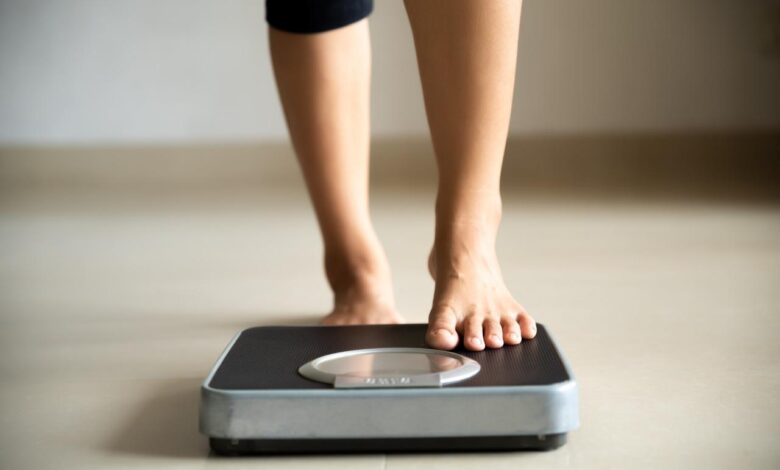
10 Simple Changes That Lead to Weight Loss
10 Simple Changes That Lead to Weight Loss: It’s a journey, not a sprint. We all know that losing weight can be tough, but it doesn’t have to be a grueling battle. This post is about making small, sustainable changes that can lead to big results.
We’ll explore ten simple strategies that can help you shed those extra pounds and feel healthier and happier along the way. Get ready to discover how simple adjustments can make a world of difference!
Losing weight is all about creating a calorie deficit – burning more calories than you consume. This can be achieved through a combination of dietary changes and increased physical activity. We’ll delve into practical tips for incorporating these changes into your daily routine, focusing on strategies that are easy to implement and maintain.
From swapping sugary drinks for water to incorporating more movement into your day, these simple changes can lead to significant progress in your weight loss journey.
Improving Sleep Habits
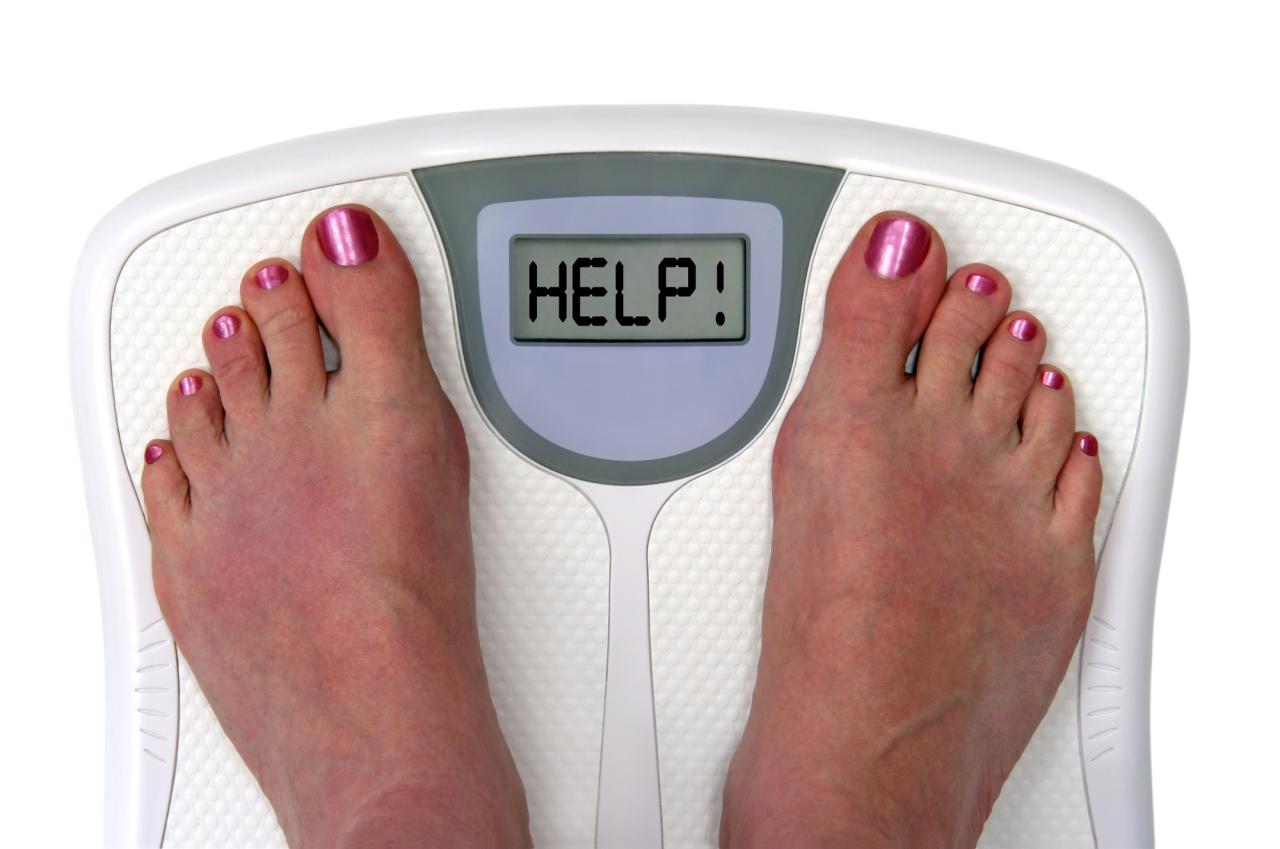
Getting enough sleep is crucial for overall health and well-being, and it plays a significant role in weight management. When you’re sleep-deprived, your body produces more of the hunger hormone ghrelin and less of the satiety hormone leptin, leading to increased appetite and cravings.
This hormonal imbalance can make it difficult to control your food intake and contribute to weight gain.
Establishing a Regular Sleep Schedule
Maintaining a consistent sleep schedule, even on weekends, helps regulate your body’s natural sleep-wake cycle, known as the circadian rhythm. This consistency signals your body when it’s time to sleep and wake up, promoting better sleep quality.
- Go to bed and wake up around the same time each day, even on weekends.
- Avoid late-night naps, as they can disrupt your sleep cycle.
- Expose yourself to sunlight in the morning to help reset your circadian rhythm.
Creating a Relaxing Bedtime Routine
Engaging in relaxing activities before bed can help signal your body that it’s time to wind down and prepare for sleep. These activities can help reduce stress and promote relaxation, making it easier to fall asleep.
One of the 10 simple changes that lead to weight loss is staying hydrated. While water is the best choice, sometimes you need a little flavor boost. Check out 7 water alternatives for hydration ranked for some delicious options.
These alternatives can help you stay on track with your hydration goals, which in turn can support your weight loss journey.
- Take a warm bath or shower.
- Read a book or listen to calming music.
- Practice relaxation techniques like deep breathing or meditation.
- Avoid screen time for at least an hour before bed, as the blue light emitted from electronic devices can interfere with melatonin production, a hormone that regulates sleep.
Optimizing Sleep Environment
Creating a comfortable and conducive sleep environment can significantly improve sleep quality. A dark, quiet, and cool room can help promote restful sleep.
- Make sure your bedroom is dark, quiet, and cool.
- Use blackout curtains or an eye mask to block out light.
- Use earplugs or a white noise machine to minimize noise.
- Ensure your bed is comfortable and supportive.
- Keep your bedroom temperature cool, as your body temperature naturally drops when you’re ready to sleep.
Staying Hydrated
Water is essential for life, and it plays a crucial role in weight loss. Staying hydrated can help you feel fuller for longer, boost your metabolism, and burn more calories.
How Hydration Impacts Weight Loss
Adequate hydration is crucial for effective weight management. Here’s how:* Increased Satiety:Water expands in your stomach, making you feel fuller and reducing your overall calorie intake. Drinking water before meals can help you eat less.
Enhanced Metabolism Water is essential for various metabolic processes, including breaking down food and converting it into energy. Proper hydration ensures your metabolism functions efficiently, aiding in calorie burning.
Increased Calorie Expenditure Studies have shown that drinking cold water can increase your calorie expenditure as your body works to warm it up.
Ways to Increase Water Intake
Here are some practical tips to ensure you’re staying hydrated throughout the day:* Carry a Reusable Water Bottle:Keep a water bottle with you at all times and refill it frequently. This encourages consistent hydration throughout the day.
Drink Water Before Meals Drinking a glass of water before meals can help you feel fuller and reduce your overall calorie intake.
Incorporate Hydrating Foods Fruits and vegetables like watermelon, cucumber, and spinach are rich in water content and can contribute to your overall hydration.
Benefits of Staying Hydrated
Beyond weight loss, staying hydrated offers numerous health benefits:* Improved Physical Performance:Hydration is crucial for optimal physical performance. It helps regulate body temperature, transports nutrients, and lubricates joints.
Enhanced Cognitive Function Proper hydration is essential for brain function. Dehydration can lead to fatigue, headaches, and impaired cognitive abilities.
Reduced Risk of Chronic Diseases Staying hydrated can help reduce the risk of kidney stones, constipation, and other health issues.
Mindful Eating
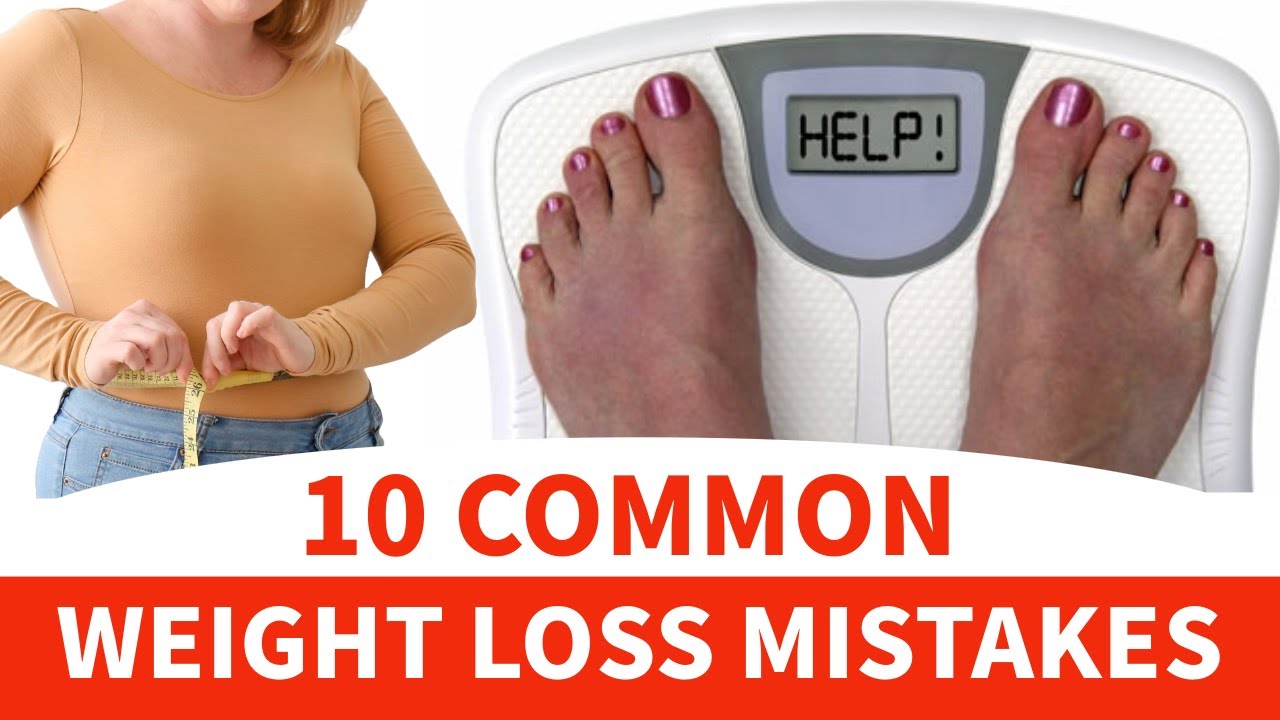
Mindful eating is a powerful tool for weight management. It involves paying attention to your food and your body’s signals, allowing you to make conscious choices about what you eat and how much. This practice can help you develop a healthier relationship with food, leading to improved eating habits and ultimately, weight loss.
Benefits of Mindful Eating
Mindful eating is a powerful tool for weight management, as it helps you develop a healthier relationship with food. This practice involves paying attention to your food and your body’s signals, allowing you to make conscious choices about what you eat and how much.
- Increased Awareness of Hunger and Fullness Cues: Mindful eating helps you become more attuned to your body’s natural hunger and fullness signals. By paying attention to these cues, you can eat when you’re truly hungry and stop eating when you’re satisfied, preventing overeating.
- Improved Food Choices: When you practice mindful eating, you’re more likely to choose nutritious foods that satisfy your hunger and nourish your body. You become more aware of the flavors and textures of your food, making you appreciate the experience of eating and less likely to reach for processed or unhealthy options.
- Reduced Emotional Eating: Emotional eating is often a result of not being aware of your feelings and using food to cope with stress or boredom. Mindful eating helps you identify and address the underlying emotions that trigger emotional eating, leading to healthier coping mechanisms.
Small changes can make a big difference when it comes to weight loss. Eating more vegetables and lean protein, like chicken, is a great start. But did you know that there are some common mistakes people make when cooking chicken that can actually sabotage their weight loss efforts?
Check out this article on 7 mistakes to avoid when cooking chicken to ensure you’re preparing your meals in the healthiest way possible. By avoiding these mistakes, you’ll be able to enjoy delicious and nutritious chicken dishes that support your weight loss goals.
- Better Digestion: Mindful eating encourages slower eating, allowing your body to digest food properly and absorb nutrients effectively. It also helps reduce stress and anxiety, which can contribute to digestive problems.
Making Gradual Changes: 10 Simple Changes That Lead To Weight Loss
The path to sustainable weight loss isn’t paved with quick fixes and drastic measures. It’s about making gradual, consistent changes that fit seamlessly into your lifestyle. Think of it as a marathon, not a sprint. While those “crash diets” and intense exercise programs might seem appealing, they often lead to frustration and ultimately, weight regain.
The key is to listen to your body, make small, achievable changes, and build healthy habits that you can maintain over the long term.
Potential Risks of Drastic Measures
Crash diets and extreme exercise routines can have serious consequences for your physical and mental health. They often involve severe calorie restriction, which can lead to nutrient deficiencies, fatigue, and even a slower metabolism. Furthermore, the intense focus on weight loss can create an unhealthy relationship with food and exercise, leading to disordered eating and emotional distress.
Making small changes to your diet can have a big impact on your weight loss journey. For example, swapping out your usual breakfast for a protein-packed option like baked egg cups with garlic toast can help keep you feeling full and satisfied for longer, making it easier to stick to your healthy eating goals.
Remember, it’s all about finding simple, sustainable changes that fit your lifestyle and help you reach your weight loss goals.
Moreover, drastic changes are often unsustainable. When you return to your normal eating and exercise patterns, you’re likely to regain the weight you lost. It’s a vicious cycle that can be incredibly discouraging.
Seeking Support
Embarking on a weight loss journey can be challenging, and having a support system can make a world of difference. Seeking guidance and encouragement from qualified professionals and building a network of supportive individuals can enhance your motivation, accountability, and overall success.
Seeking Professional Guidance, 10 simple changes that lead to weight loss
Professional guidance is crucial in navigating the complexities of weight loss. Consulting with healthcare professionals, registered dietitians, or certified personal trainers can provide personalized advice and tailored strategies.
- Healthcare Professionals:Your primary care physician can assess your overall health, identify any underlying medical conditions that might impact weight loss, and recommend appropriate interventions. They can also monitor your progress and adjust your treatment plan as needed.
- Registered Dietitians:These experts in nutrition can help you create a balanced and sustainable eating plan that aligns with your individual needs and preferences. They can also provide guidance on portion control, healthy food choices, and the role of nutrients in weight management.
- Certified Personal Trainers:A certified personal trainer can design a safe and effective exercise program that fits your fitness level and goals. They can provide guidance on proper form, motivation, and accountability, helping you stay on track with your workouts.
Building a Support System
Having a supportive network can provide encouragement, accountability, and a sense of community during your weight loss journey.
- Family and Friends:Share your goals with loved ones and ask for their support. Encourage them to join you in healthy activities, prepare healthy meals together, or simply offer words of encouragement.
- Online Communities:Connect with others who are also working towards weight loss goals. Online forums, support groups, and social media communities can provide a sense of belonging, shared experiences, and valuable tips and advice.
Finding the Right Approach
Weight loss is a personal journey, and finding an approach that aligns with your individual needs and preferences is essential for long-term success.
“There’s no one-size-fits-all approach to weight loss. What works for one person may not work for another.”
- Consider your lifestyle:Factor in your work schedule, family commitments, and personal interests when choosing a weight loss approach. A sustainable plan should fit seamlessly into your daily routine.
- Experiment and adjust:Don’t be afraid to try different approaches until you find what works best for you. Be open to adjustments along the way and don’t get discouraged if something doesn’t work immediately.
Focusing on Overall Health
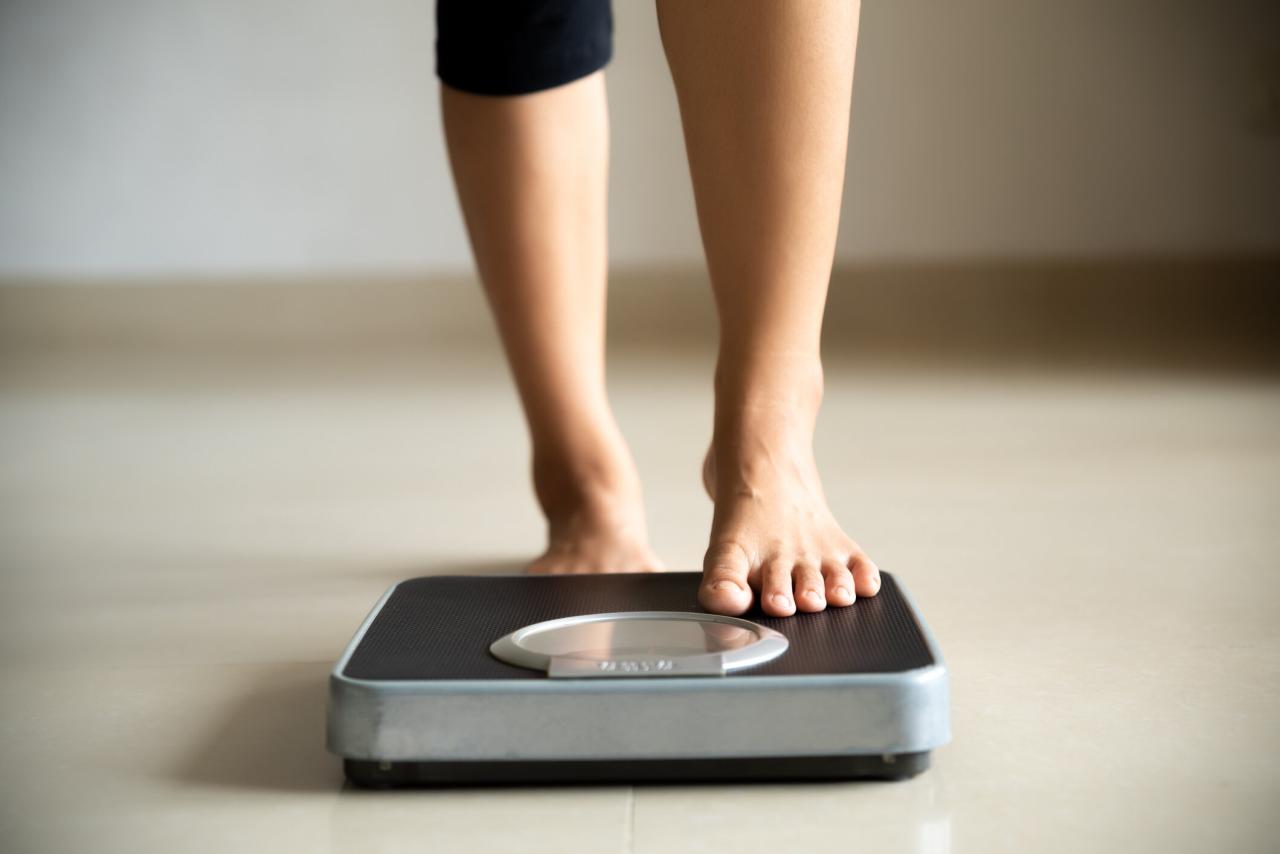
Weight loss is not just about shedding pounds; it’s a journey towards a healthier and happier you. Focusing on overall health and well-being should be the primary goal, and weight loss can be a positive outcome of this journey. By adopting a holistic approach, you’re not just aiming for a smaller number on the scale but a stronger, more resilient body and mind.
Benefits of a Healthy Lifestyle
A healthy lifestyle encompasses various aspects, including balanced nutrition, regular exercise, adequate sleep, and stress management. These elements work synergistically to promote overall well-being and contribute to sustainable weight loss.
- Balanced Nutrition:Consuming a diet rich in fruits, vegetables, whole grains, and lean protein provides essential nutrients while supporting a healthy weight. Limiting processed foods, sugary drinks, and unhealthy fats is crucial for long-term health.
- Regular Exercise:Physical activity boosts metabolism, burns calories, and strengthens muscles. Aim for at least 150 minutes of moderate-intensity aerobic activity or 75 minutes of vigorous-intensity aerobic activity per week.
- Adequate Sleep:Sleep deprivation can disrupt hormone balance, leading to increased hunger and cravings. Aim for 7-9 hours of quality sleep each night to support healthy weight management.
- Stress Management:Chronic stress can lead to weight gain and other health problems. Incorporate stress-reducing techniques like yoga, meditation, or spending time in nature.
Last Point
Remember, weight loss is a personal journey. What works for one person may not work for another. The key is to find a healthy approach that you can sustain over the long term. By focusing on small, consistent changes and celebrating your progress along the way, you can achieve your weight loss goals and enjoy a healthier, happier life.
So, embrace these simple strategies, take it one step at a time, and watch your weight journey unfold in a positive direction!

